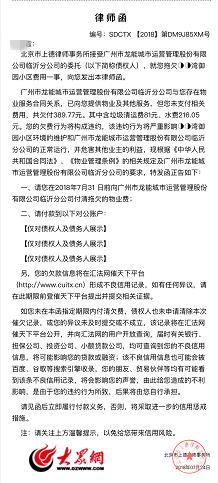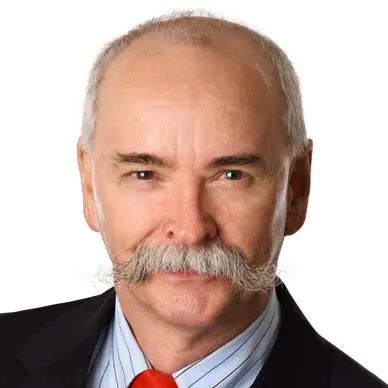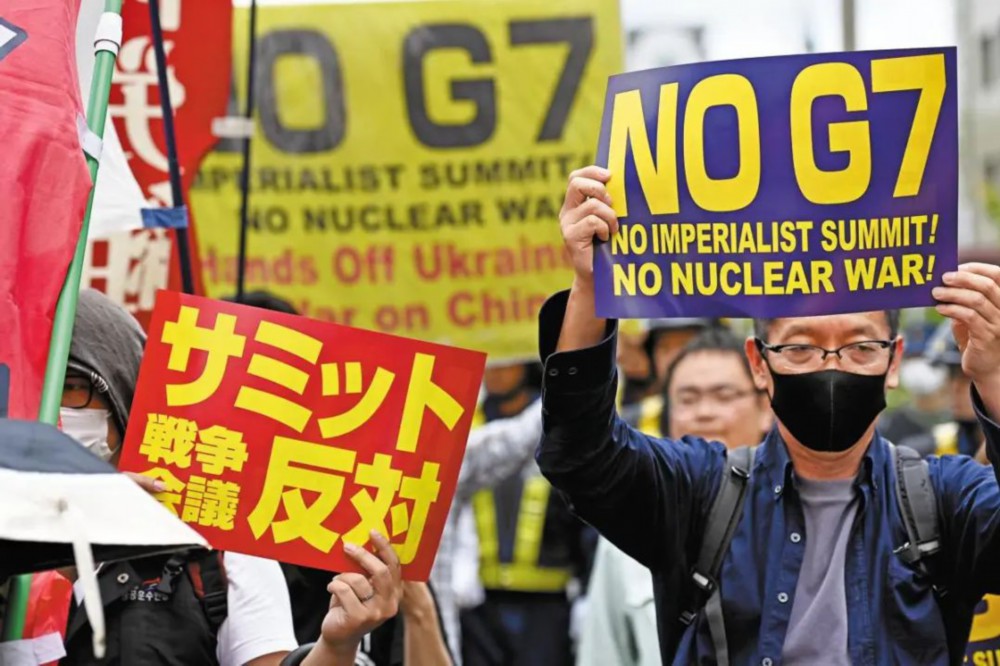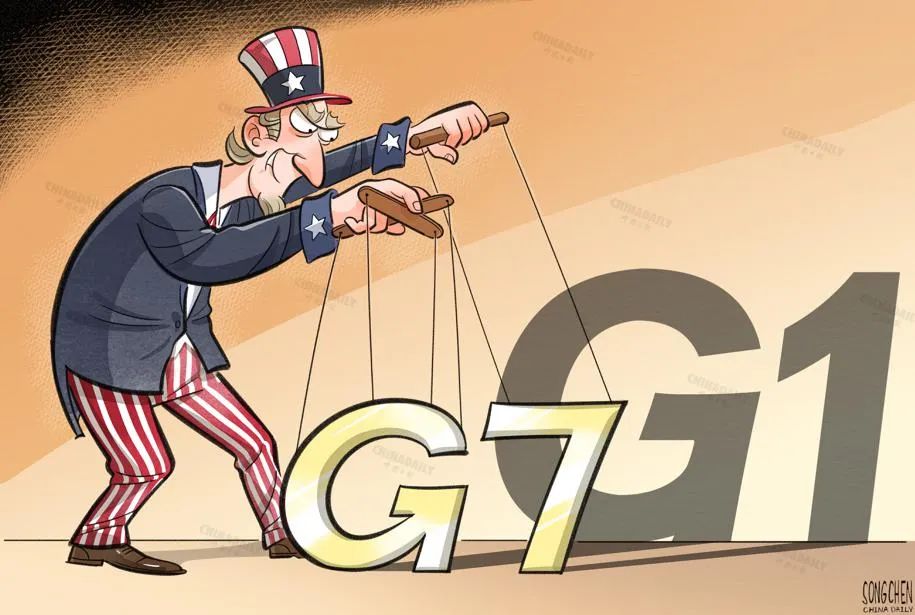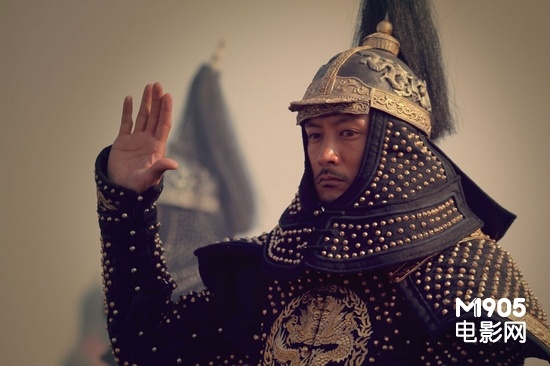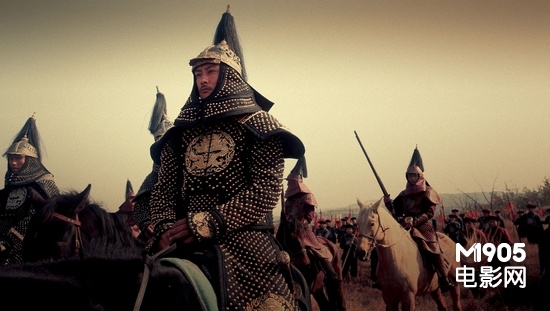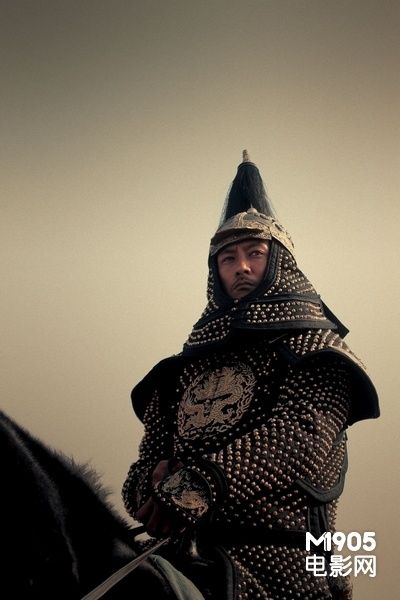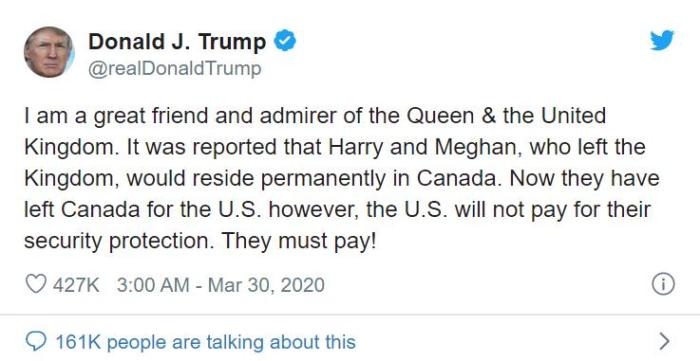He was accused of murdering 3 million people, and his name was rejected 137 times by Baidu Encyclopedia.

Many people have heard of it.AuschwitzBut I don’t know the name of Auschwitz’s chief commander: Rudolf Hess.
However, if you search for the name "rudolf hess" on Baidu, you will see another Hess in Baidu Encyclopedia. He is also a major political figure in Nazi Germany-he served his sentence in the same prison as Hitler and finished Mein Kampf dictated by Hitler in prison. After the outbreak of World War II, he was appointed as the heir by Hitler.

Hitler’s successor rudolf hess.
As for Hess, who was in charge of Auschwitz concentration camp, it looked like this.

Commander rudolf hess of Auschwitz concentration camp.
At first glance, he looks kind and plain. Maybe you pass him in the street and don’t notice him at all. Because of the same name as Hitler’s successor Hess, his reputation was also covered up by the former. It is said that his entry was rejected by Baidu Encyclopedia for 137 times.
However, if you know a little about what he has done, you will not ignore this person. From May 1940 to November 1943, Hess, the commander of the concentration camp, killed more than one million Jews. In order to perfectly implement the "genocide" plan, he designed and built the first poisonous gas shower room for mass murder.
There are four such giant gas chambers in Auschwitz concentration camp, which can kill 12,000 people at a time if operated simultaneously. Whenever the train carrying Jews arrives, men who can do hard work will be chosen as coolies and stay. Other old, weak, sick or women and children will be tricked into "bathing". Thousands of people will be squeezed into a room of only 200 square meters, and Nazi guards will put the highly toxic "Zicron B" gas into it.

gas chamber
Whenever the gas chamber kills people, in order not to let others hear the cries inside, the Nazis play waltzes loudly outside to cover up the atrocities.But the waltz won’t last forever. On March 11th, 1946, Rudolph Hoss was arrested. Two months later, he was accused of murdering three million people; Almost a year later, he was hanged at the site of Auschwitz concentration camp.
Hess is undoubtedly a murderous maniac, but looking back on his life, it is hard to imagine that this man’s hands are covered with the blood of millions of lives. He came from a Catholic family and was strictly educated by his father since childhood. People who have seen him say that Hess looks like an ordinary person, like a grocery store owner. At the same time, Hess is also the father of five children, and reads the fairy tale "henschel and Gleiter" to his youngest daughter every night.

Rudolf hess and his family.
Why did the son of a devout man, the "best man in the world" in the eyes of his wife and children, finally become the most horrible killing machine in history?
German historian Daniel Schoenpflug is atThe Comet Age: 1918, When the World Restarted.The book focuses on the Nazi commander who was rejected by Baidu Encyclopedia for 137 times, and outlines how a person like Rudolf Hess went from hope to despair step by step and finally fell into the abyss of perdition.
It all started on November 11th, 1918, the day the First World War ended. At that time, Hess was only an 18-year-old German soldier. When the news of the defeat of the motherland came, what should he do?

Real shot of The Age of Comets
In the last days of the war, Rudolf H?? was also in Damascus, at least that’s what he said in his autobiography. This young German soldier is not yet 18 years old. He comes from Mannheim in Baden. His father is a strict Catholic and wants to train him as a clergyman. However, my father died in the second year of the war. The young man was out of control and lost interest in his studies. In order to leave home, he volunteered to join the army. This world war brought him to the promised land, which was influenced by Catholicism. In Palestine, a sacred land he knew through the Bible, Hess experienced a brutal war between the German Empire and its Turkish allies against the British Empire and its Arab allies.
When his troops met the enemy in the desert, Hess took up his gun for the first time and aimed at his opponents: the British, Arabs, Indians and New Zealanders.For the first time, he tasted the taste of life and death, and with the weapons in his hand, he could decide a person’s life and death.In the face of the first person who died under his gun, he dared not look directly at it. However, death soon became a common occurrence.
Hess felt like a duck to water in the hierarchical army, and he enjoyed the friendship of comrades-in-arms who fought with his teammates. "In particular, I trust my captain very much and am proud of him. The officer is like a father. This is a kind of intimate relationship from the heart, just like my father. "

In addition to the bloody war and the love of brothers in arms, Hess later recalled a special experience, which fundamentally shook his religious belief. On that occasion, German soldiers patrolling the Jordan Valley met a group of farmers pushing carts loaded with moss. The soldier turned the cart upside down to make sure there were no weapons smuggled to the British. Hess asked the farmers through an interpreter what the moss was for. He was told that they would be sent to Jerusalem. There, these gray-white mosses with obvious red spots will be sold to pilgrims as "Golgotha" mosses, who believe that they are stained with the blood of Jesus and will take them home as souvenirs.This practice of cheating money under the guise of religion made Hess deeply disgusted and began to alienate the Catholic Church.
Hess didn’t want to be trapped in Palestine and become a prisoner of war of the British. As an officer, he asked his subordinates if they were willing to follow him thousands of miles back. It is definitely forbidden for troops to act alone in the army, but all soldiers express their obedience to his leadership, even though many of them are obviously much older than him. It will be a long March full of adventure, and they will cross Anatolia, the Black Sea and the Balkans to Austria.
"Without a map, we can only rely on the geographical knowledge of middle schools, and the rations of mounts and soldiers are collected from local people." They finally returned to Germany successfully."No one expected us to come back alive."Along the way, they passed through a turbulent world: empires were overthrown one after another, socialist revolution broke out, and struggles for national independence and against colonial rule broke out. Hunger, epidemics and scarcity were everywhere they looked.
In February 1919, Rudolf Hess finally returned to Mannheim after months of arduous trekking. When he was still in the army, his mother died soon after his father. His mother left him a letter to remind him of his father’s wish to become a clergyman. When Hess got home, his uncle and other relatives who became his guardian urged him to report to the seminary at once. The home built by parents has been divided up by relatives, and the sisters have been sent to a nunnery school. "Now I really feel the pain of losing my mother. I have no home! Helpless, only myself. "
My uncle insisted that his father’s last wish must be fulfilled, otherwise he would not hand over his inheritance. But Hess had doubts about the work of the clergy during the war, and he would never give in to the will of his family. So he gave his share of the inheritance to his sister, and a notary recorded this decision. "I have the ability to survive alone in this world." Rudolph Hess soon went to the eastern part of the empire, where Lieutenant Gerhard Ro?bach set up a "Volunteer Machine Gun Company". At the beginning of 1919, this Freedom Corps belonged to the "Vorl?ufigen Reichswehr", which was responsible for defending the security of the eastern border of Germany. The soldiers of the Freedom Corps believed that Germany was defeated because it was betrayed. They only regarded the interim government as a transition, and continued to keep armed, waiting for the moment of revenge.
After joining the Freedom Corps in Rosbach, Hess’s problems seemed to be solved all at once: he now has a job and a salary, and he has an officer worthy of his admiration, a political belief almost as firm as religious belief, and a "home, a shelter built by mutual support among comrades." It’s strange that people like me who are withdrawn and have to face all their worries and troubles alone are always attracted by this brotherhood and this absolute trust relationship between people in times of trouble and crisis. "

————————————
In the autumn of 1919, Rudolf Hess went to the Balkans with thousands of soldiers of Rosbach Freedom Corps. Although the Weimar government made it clear in October 1919 that supernumerary German troops were prohibited from participating in the war in the south of the Baltic Sea. Defense Minister Noske even threatened to shoot everyone who crossed the Balkan border. But the Freedom Corps ignored this order. They came to the eastern border of the empire and pointed machine guns at the border guards, so the latter saluted them and let them pass. This unauthorized action quickly disbanded the Rosbach Freedom Corps, and then it went underground.
In the Balkans, the Rosbach Freedom Corps joined the "West Russian Volunteer Army" composed of local German troops, Russian soldiers and remnants of the German Empire. They are fighting the newly established Lithuanian Republic and are going to suppress the Russian revolution. Hess remembered the atrocities committed against civilians in this war until the end of his life. Naturally, for him, these people are all enemies. "The degree of cruelty and ruthlessness is something I have never experienced in the world war and the subsequent wars of the Freedom Corps. There is almost no real front line, and there are enemies everywhere. Where there is fighting, there will be slaughter and even extinction. "Hess witnessed the fire engulfing houses and the residents being burned alive. The scene of scorched earth and dead bodies accompanied him all his life. "At that time, I could do such a thing while praying."
————————————
On the evening of May 31, 1921, Rudolf Hess and his companions were going to Parchim in mecklenburg, northern Germany. These "Rosbach Group" people were drunk and full of anger. A few days ago, one of their companions, Alberto Schlageter, was executed by the French occupying forces in the Rhineland. He was accused of sabotage, especially explosion attacks. People in the Freedom Corps believe that they have found the guy who betrayed Schlageter to the French: Walter Cardo, a member of the "group". He was considered a spy because he was unpopular. These veterans despised the Weimar Republic and its army, and they believed that the new government, which followed suit in the French, would not be interested in the inside story of the Schlageter incident. Therefore, they will "use lynching according to German practice".
At that time, Cardo and some friends were drinking in a restaurant in Parchim. Hess and his companions thought that this was an excellent opportunity to send this disloyal comrade to the west. When they arrived at the restaurant, Cardo was already drunk on the sofa. Hess brought a revolver, while others wore knuckles and rubber sticks. They caught the drunk and threw him into their car. The car drove through the country road and entered the jungle. Cardo was pushed out of the car. He tried to run, but Hess shot him to stop. Then they started beating him up. Hess even broke a small tree and punched many heads with it.
Now, what about this bloody, half-dead guy? Should we wake him up and take him to the hospital? Hess had another idea. He instructed everyone to bury Cardo in the forest. Cardo was put in the trunk, covered with his cloak, and the car went deep into the forest. At the right place, his body was put on the ground, and several people cut his carotid artery with knives. While Cardo was still struggling, Rudolf Hess shot him in the head. They covered the body and cleaned the car. The next morning, they returned to the crime scene, buried the body under the forest and erased the traces of the crime at night. In his memoirs written during his detention after 1945, Hess still felt that his approach was right. He explained his reasons: "At that time, I was-and still am-convinced that this traitor deserved to die. Since it is impossible for a German court to try him, we will try him according to an unwritten law given by those of us who were born in difficult times. "
————————————
Rudolph Hess, who was originally sentenced to 10 years in prison for murder, was released after only four years in prison. After he was released from prison, he made a living by working on a farm and rejoined the far-right organization. It was not until Hitler came to power in 1933 that his life took a turning point. Hess joined the SS and soon became a member of the Totenkopfverb?nden. He worked in different concentration camps and was appointed commander of Auschwitz concentration camp in 1940. As the camp commander, he was responsible for Auschwitz’s implementation of the "final solution" on the Jewish issue.It was under his orders that the gas chamber was established, and more than 1 million lives were taken with Zicron B gas, most of them Jews.
In 1946, Hess, who fled under a pseudonym after the war, was arrested and sent to Poland for trial. He was sentenced to death in Warsaw the next year. Two weeks after the verdict, in front of his former residence, the former concentration camp commander took a last look at Auschwitz and went to the gallows.

————————————
At first glance, a man like Rudolf Hess doesn’t fit the image of a tightrope walker. However, he is also encouraged by a kind of passion, and boldly walks above the abyss of perdition:What haunted Hess was the charm of early totalitarianism and his first killing experience as a soldier. From his behavior, we can see how the false peace developed into dictatorship and war.

Paul Klee, Comet of Paris, 1918
One hundred years later, we still live in an uneasy reality. Since 1989, the whole world has experienced hope and crisis over and over again, and the bright and dark future versions go hand in hand. Many times, the reshuffled realistic reform failed, and the destructive and dangerous forces-autocratic government, populist movement, terrorism, new war and increasingly unscrupulous capitalism-appeared to be about to seize the whole world.
But as the brilliance of that moment in 1918 tells us, it is not predestined, let alone inevitable. Because in the final analysis, everything is always changing in history and life. Every state and every situation is temporary, just like in paul klee’s painting, a comet chases its tail in circles.
This article is selected from The Comet Age: 1918, When the World Restarted.

The Comet Age: 1918, When the World Restarted.
[Germany] By Daniel Schoenpflug
Translated by Jane Xinyi
New Classic Culture Wenhui Publishing House


